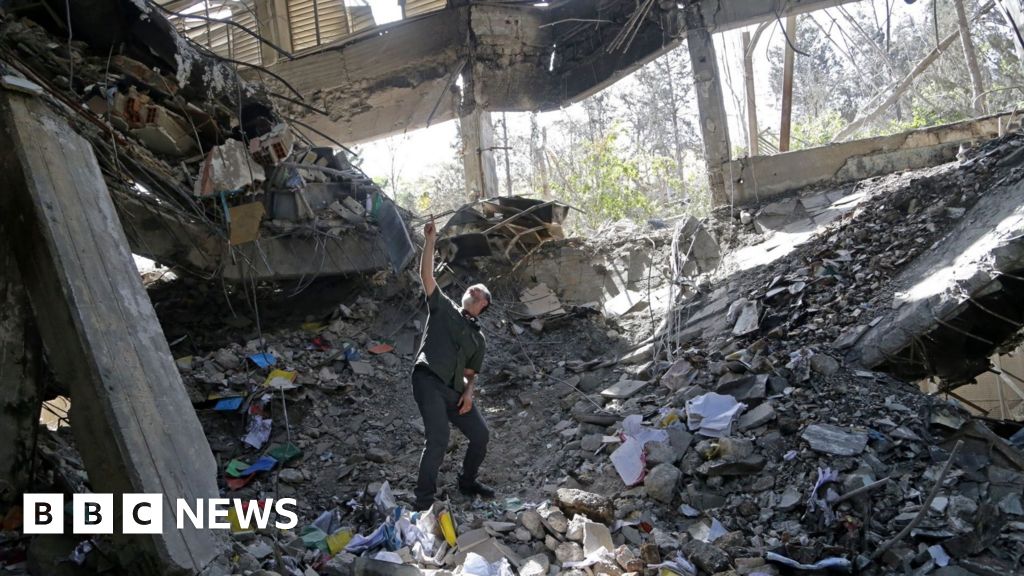For me, hell was not the moment Israel attacked; hell was the moment they wouldn't open the door [of the cell] for us, says Motahareh Goonei, a political activist who was incarcerated in Iran's notorious Evin Prison when it was struck by Israeli missiles on June 23. This deadly assault marked one of the most catastrophic incidents of the ongoing Israel-Iran conflict, leading to the deaths of approximately 80 individuals, including inmates, prison staff, and medical workers.
Goonei vividly recalls the moment explosions tore through the facility: the third blast solidified her fear that escape was impossible. Separated from the chaos outside, she felt resigned to her fate until another prisoner helped her escape into the smoke-filled corridors, where guards initially attempted to block their exit.
In what some witnesses describe as both horrific and humanizing, inmates rushed to assist afflicted guards and medical staff, with Goonei reflecting on the solidarity exhibited in such dark circumstances. Human Rights Watch has since condemned the airstrikes as unlawful, asserting that targeting a facility used for intelligence operations, as the Israel Defense Forces claim, does not justify the mass civilian casualties sustained.
Amid these events, the Israeli military has come under scrutiny for its operational decisions in the incident, triggering widespread calls for accountability and legal evaluations under international humanitarian law. The grim reality faced by prisoners and their families, particularly in light of rumored missing or unaccounted transgender inmates, adds layers of complexity to the aftermath of this severe military action.
Goonei vividly recalls the moment explosions tore through the facility: the third blast solidified her fear that escape was impossible. Separated from the chaos outside, she felt resigned to her fate until another prisoner helped her escape into the smoke-filled corridors, where guards initially attempted to block their exit.
In what some witnesses describe as both horrific and humanizing, inmates rushed to assist afflicted guards and medical staff, with Goonei reflecting on the solidarity exhibited in such dark circumstances. Human Rights Watch has since condemned the airstrikes as unlawful, asserting that targeting a facility used for intelligence operations, as the Israel Defense Forces claim, does not justify the mass civilian casualties sustained.
Amid these events, the Israeli military has come under scrutiny for its operational decisions in the incident, triggering widespread calls for accountability and legal evaluations under international humanitarian law. The grim reality faced by prisoners and their families, particularly in light of rumored missing or unaccounted transgender inmates, adds layers of complexity to the aftermath of this severe military action.


















